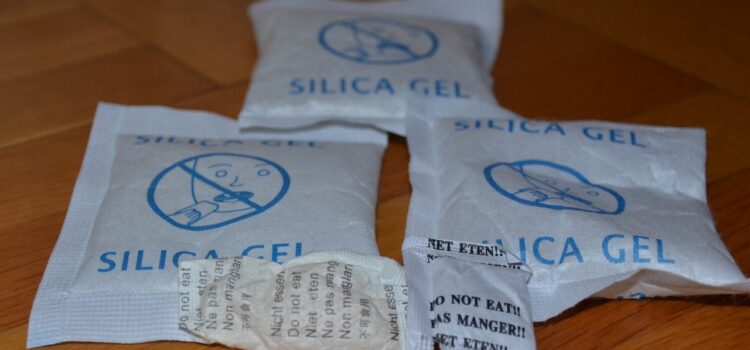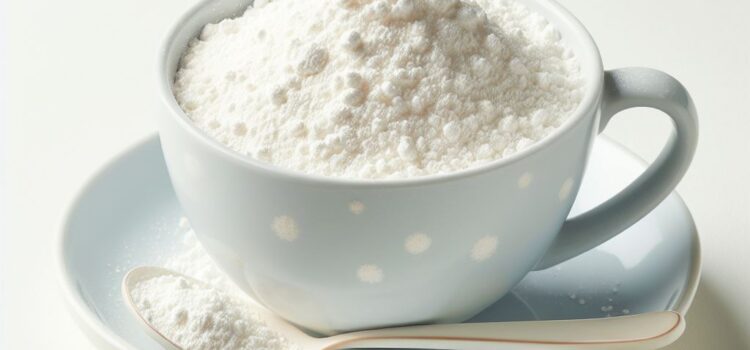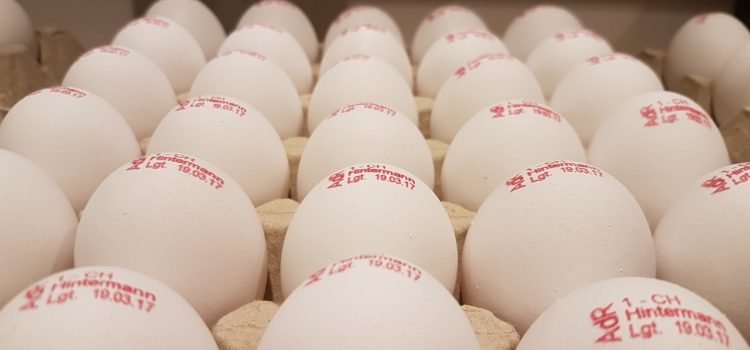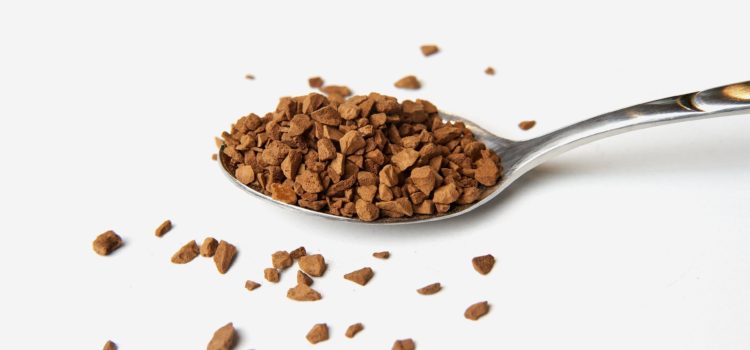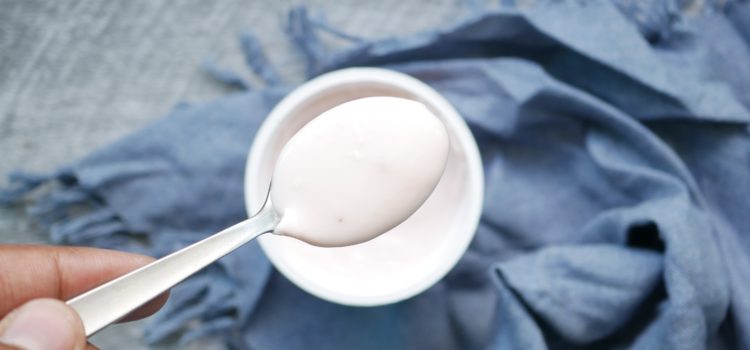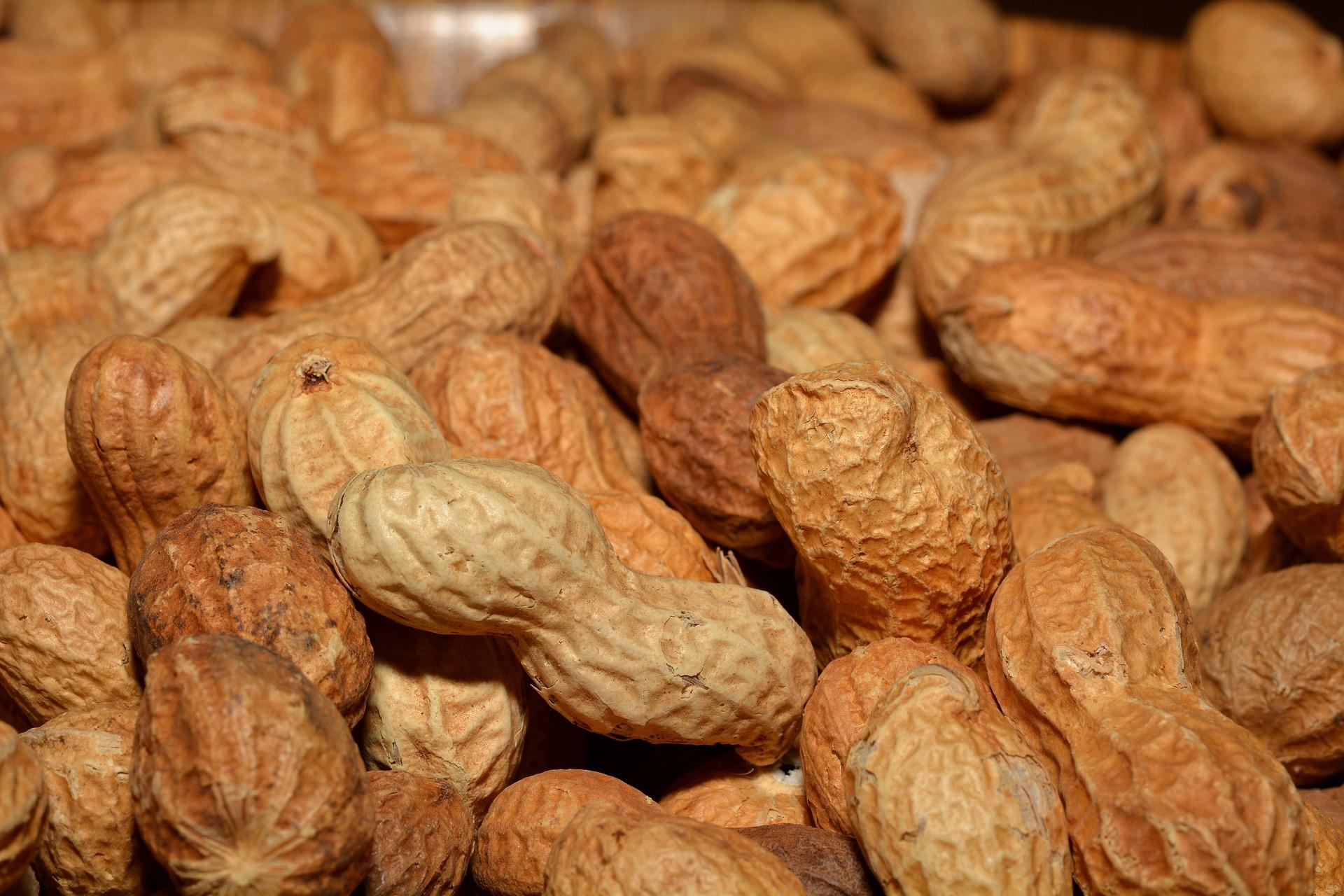Paraffin wax possesses moisture and oxygen-barrier properties. Moisture and oxygen are external factors that negatively affect the shelf life and quality of food. Certain types of cheeses, for example, require ample amount of moisture to retain its flavor, appearance, and texture for an extended period of time. Gouda, Cheddar, and Queso de Bola (Philippine cheese) often come enclosed in red paraffin wax.
Is Paraffin Wax In Food Toxic?

